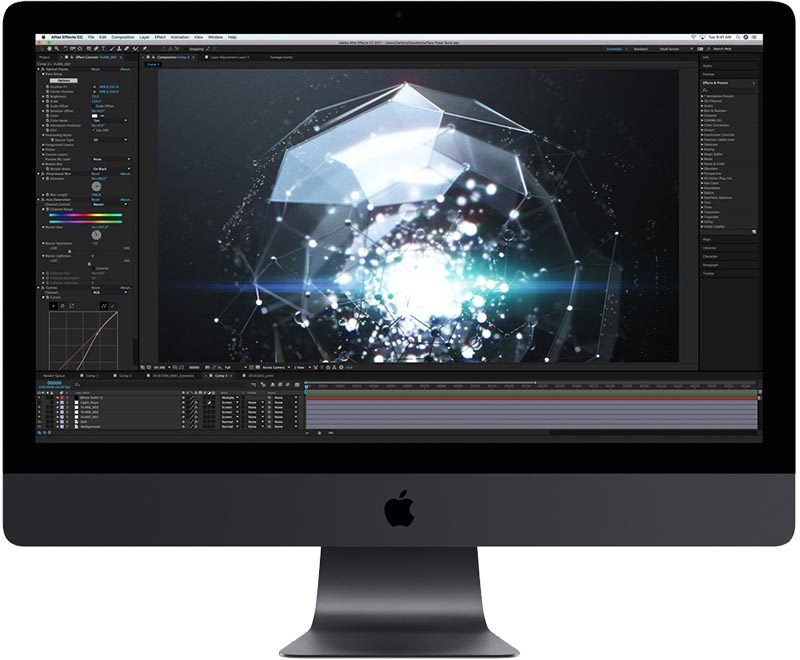A new report from Bloomberg claims that Apple is planning on ditching Intel to work on its own custom made Mac chips as early as 2020.
The initiative, apparently codenamed “Kalamata”, is part of an effort to make Macs, iPhones and iPads work “more similarly and seamlessly together”. Apple already designs its own A-series chips found in iPhones and iPads.
The Mac chips are reported to be in the early stages of development and the transition from Intel chips to Apple’s own is likely to involve several steps. This will start with the “Marzipan” initiative coming for iOS 12 and macOS.
With its own chips, Apple would be forced to work on the new Intel chips before being able to release updated Macs and the company would be able to integrate new features on a faster schedule.
The report states:
The shift would also allow Cupertino, California-based Apple to more quickly bring new features to all of its products and differentiate them from the competition. Using its own main chips would make Apple the only major PC maker to use its own processors. Dell Technologies Inc., HP Inc., Lenovo Group Ltd., and Asustek Computer Inc. use Intel chips.
By using its own chips, Apple would be able to more tightly integrate new hardware and software, potentially resulting in systems with better battery life — similar to iPads, which use Apple chips.
Apple’s MacBook Pro and iMac Pro machines already utilise the custom designed T1 and T2 chips and the company is said to integrate additional custom co-processors in Macs coming this year. The chips will also be used in the upcoming Mac Pro, which we know is currently in development.
The T1 chip powers the Touch Bar and authenticates Touch ID. The T2 chip integrates several components including the system management controller, image signal processor, SSD controller, and a Secure Enclave with a hardware-based encryption engine.
There have been previous rumors circulating that Apple is planning on creating its own ARM-based core processor chips for its Mac lineup in order to reduce its current dependence on Intel. There’s also a rumor that Apple is pursuing the development of its own modem chips to reduce reliance on Intel and Qualcomm.
Of course, Apple’s move away from Intel would have a huge impact on the latter. At present, Apple provides roughly 5 percent of Intel’s annual revenue and Intel stock has already dropped following the news.
